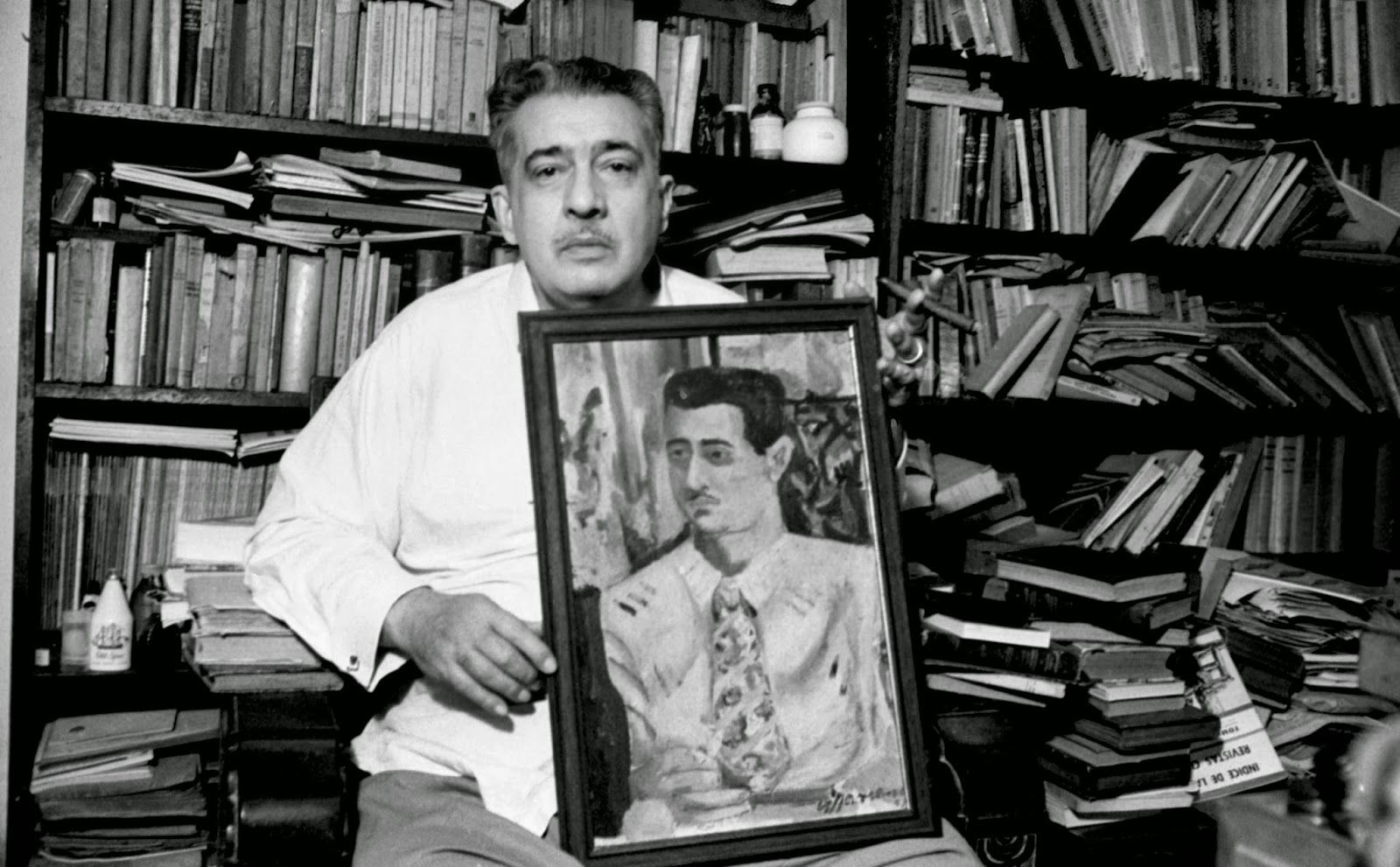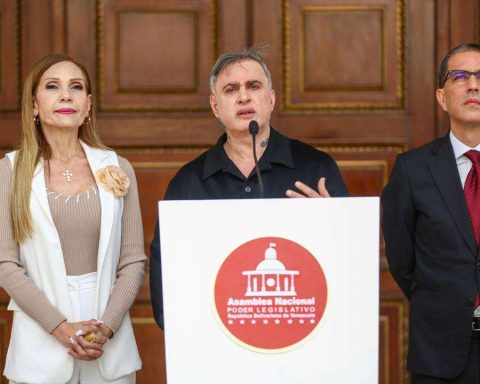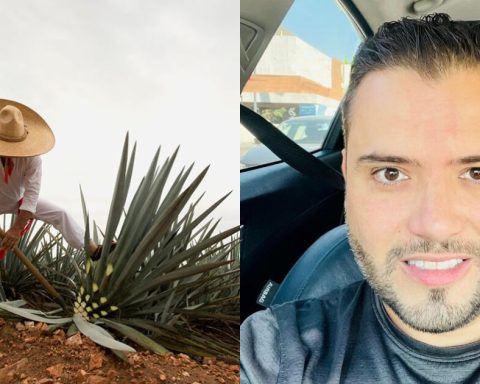More than an erudite work, the documentary “Soltar la lengua”, by the Cuban filmmaker Ernesto Fundora, is a human portrait that destroys with brushstrokes of mischief the hermetic image of the poet Jose Lezama Lima.
“I came to Lezama because of the myth, but along the way I found a guy with a sense of humor, fun, a cuerista, as they say in Cuba. When I discovered that, I saw a way to create a bridge with the common viewer,” the filmmaker assured journalist Gustavo Borges of Efe this Saturday, referring to the film presented this month in the Mexican capital.
Although it reviews Lezama’s work, the documentary distances itself from the myth and shows the writer in mundane poses on the other side of his writing, a baseball player, funny and amazed when a mob of beauty queens entered his house on Trocadero Street.
Poet and narrator, Ernesto Fundora (Havana 1967) worked from 2009 to 2019 on a piece with a desire for totality, which brought together personalities such as writers Eliseo Alberto Diego, Miguel Barnet, Gonzalo Celorio, Antón Arrufat, Fina García around Lezama. Marruz, José Prats Sariol and Froilán Escobar, the troubadour Silvio Rodríguez and the publisher Neus Espresate, among others.
“I had an idea for a script, but when I sat down with those eminences, I stopped being rigid; I replaced the journalistic interview with conversation and that enriched the project”, confesses Fundora.
A GOD INSIDE A SNAIL
Lezama Lima is like a God inside a snail, says novelist Miguel Barnet, one of many who speaks about the career of one of the most brilliant Cubans of the 20th century, whose voice began to scream in 1937 with the poem “Death of Narcissus” and did not remain silent until his death.
“The documentary is a work of service and one is experiencing a devotion, an admiration, a respect, an affection like you have rarely had for someone. Many factors come together there because Lezama is a patriarch of the nation”, confesses Fundora.
The film brings together testimonies of Lezama, a librarian in the “El Príncipe” prison, who walked the streets of his poor neighborhood in Central Havana, and dwells on the tragedy experienced by the luminous intellectual, whom the Cuban Government surrounded with an image of hermetic to be able to condemn it.
Sensitive, although honest with himself, Lezama got off the float of the Cuban Revolution. That cost him to be interrogated, vetoed and isolated, which caused him a sadness that led to his death, in the early hours of August 9, 1976, due to a heart attack after a lung infection.
“It was a well staged operation so that his death seemed natural, but his death was due to annulment, due to neglect, submission and silence. They turned him into a ghost, they abandoned him and he was left as a lonely fat man, ”explains the director.
Lezama, the blacks and the self-portrait of the “literate” Cuba. A few notes.
Lonely fat man is the expression of the Alfaguara “Lichi” Diego award, when referring to the final months of the poet, before whom he bows with a lapidary phrase: “With him begins and ends an enormous mystery called José Lezama Lima.”
READING WITH ANTENNAS
A scholar of Lezama’s work, the chronicler Fundora, who lives in Mexico, challenged scholars of the poet’s work to a duel of words. One of them, the Mexican Gonzalo Celorio, gave him one of the most lucid reflections on paradisethe novel that revolutionized the Spanish language.
“paradise It has to be read with the antennas with which poetry is read because it is a poetic work, it is a great verbal architecture, in which time, the raw material of any narrative discourse, is abolished by a great poetic image”, Celorio pointed out. , with Cuban blood through the mother.
After dozens of hours of recording, careful editing and months of post-production, To release the tongue made it clear that studies on Lezama are in their infancy, but above all, that in the Spanish-speaking world there is a great debt to the teacher.
At the request of Eph, Fundora refers to the image of a defeated man that some clueless people associate with Lezama Lima. He lights a cigar with a gesture reminiscent of the teacher and his words are like a hug that explains the devotion of many for the God inside the snail:
“Jorge Luis Borges said that there is a dignity that the winner cannot achieve. Lezama participated in that dignity that is that of José Martí, that of Christ, that of Don Quixote, that of Franz Kafka and that of men who defend an ideal at the expense of their own lives”.
Gustavo Borges/Efe/OnCuba.


















